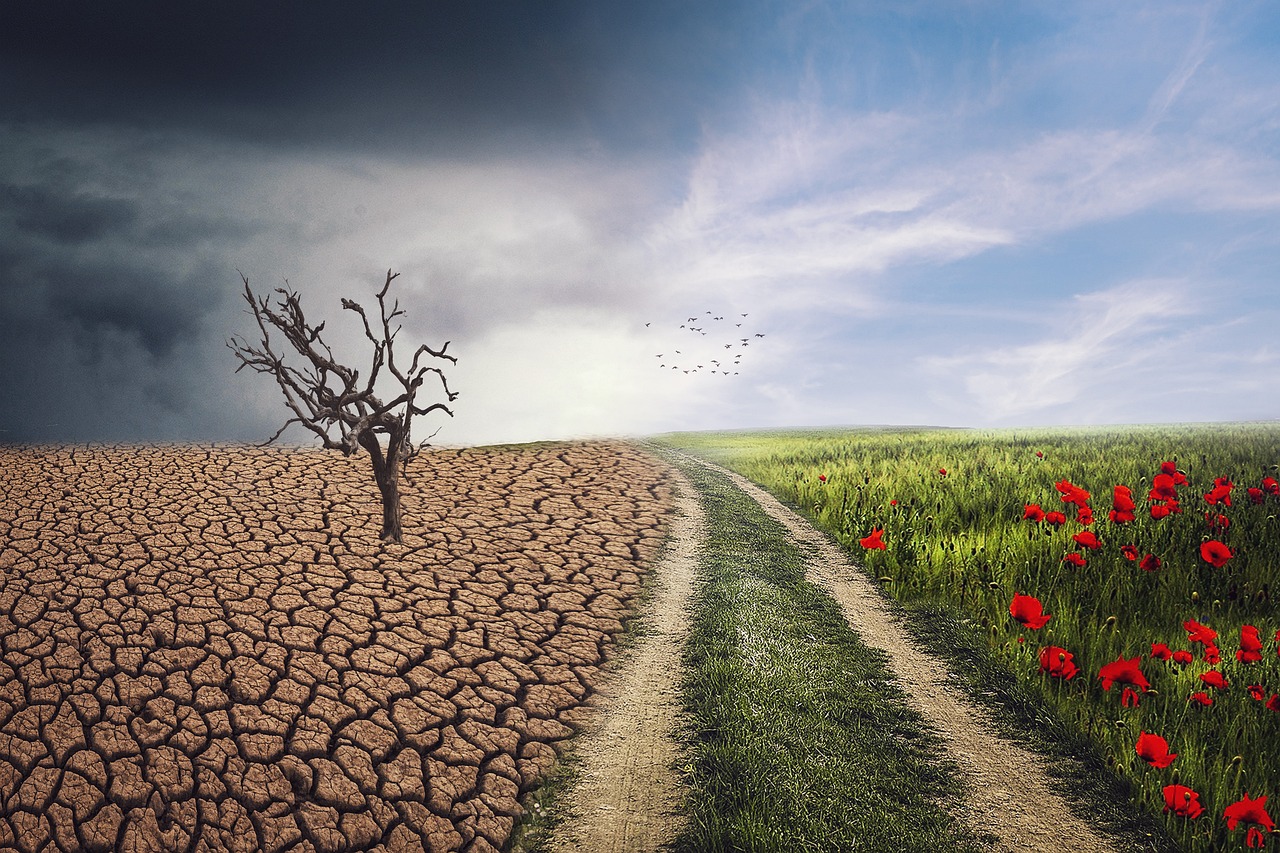Azerbaijan’s COP29: A Climate Summit Under Scrutiny
As global leaders convene in Azerbaijan for the COP29 climate summit, concerns over human rights abuses have overshadowed discussions on climate action. Human rights organizations allege that the Azerbaijani government is using the summit as a pretext to suppress dissent and target environmental activists, marking a troubling trend observed in previous host countries.
Suppression of Civil Society
Reports indicate that Azerbaijan has intensified its crackdown on civil society since being announced as the host for COP29. According to Amnesty International, there has been a significant rise in arrests, with political prisoners now surpassing 300—the highest number seen since the early 2000s. Activists argue that without the protection of civil liberties, meaningful progress on climate change becomes unattainable.
The Climate Action Network, representing nearly 2,000 organizations, emphasizes that safeguarding civil society is essential for effective climate action.
Notably, Gubad Ibadoglu, a researcher on Azerbaijan’s oil and gas sectors, remains under house arrest following his arrest in 2023 on dubious fraud charges. His daughter has urged UK Prime Minister Sir Keir Starmer for intervention. Ibadoglu has expressed concerns for his well-being, citing health issues exacerbated by his confinement.
International Response and Future Implications
The international community is grappling with how to address human rights violations in countries hosting climate summits. Critics argue that nations like Azerbaijan should not be eligible to host such significant events while systematically violating human rights. Emin Huseynov, an Azerbaijani journalist and environmental advocate, believes that President Ilham Aliyev seeks to use COP29 to polish his regime’s image rather than genuinely commit to climate action.
Huseynov asserts that international silence on Azerbaijan’s human rights record signals a troubling trend of neglecting civil society’s role in climate negotiations.
The UN has made some efforts to ensure human rights protections at the conference; however, how these provisions are enforced remains unclear. Tasneem Essop from the Climate Action Network insists that genuine accountability requires active participation from global allies willing to challenge oppressive regimes.
Looking Ahead
As COP29 unfolds, the need for an inclusive dialogue on climate change becomes increasingly urgent. The challenges faced by activists in Azerbaijan highlight a broader issue regarding the intersection of environmental policy and human rights. If civil society continues to be sidelined or repressed, achieving meaningful progress on climate commitments will remain elusive.
The international community must not only advocate for environmental sustainability but also protect those who risk their lives advocating for it. Moving forward, it is essential that nations reconsider their criteria for hosting such pivotal events, ensuring they prioritize fundamental human rights alongside environmental stewardship.


